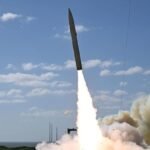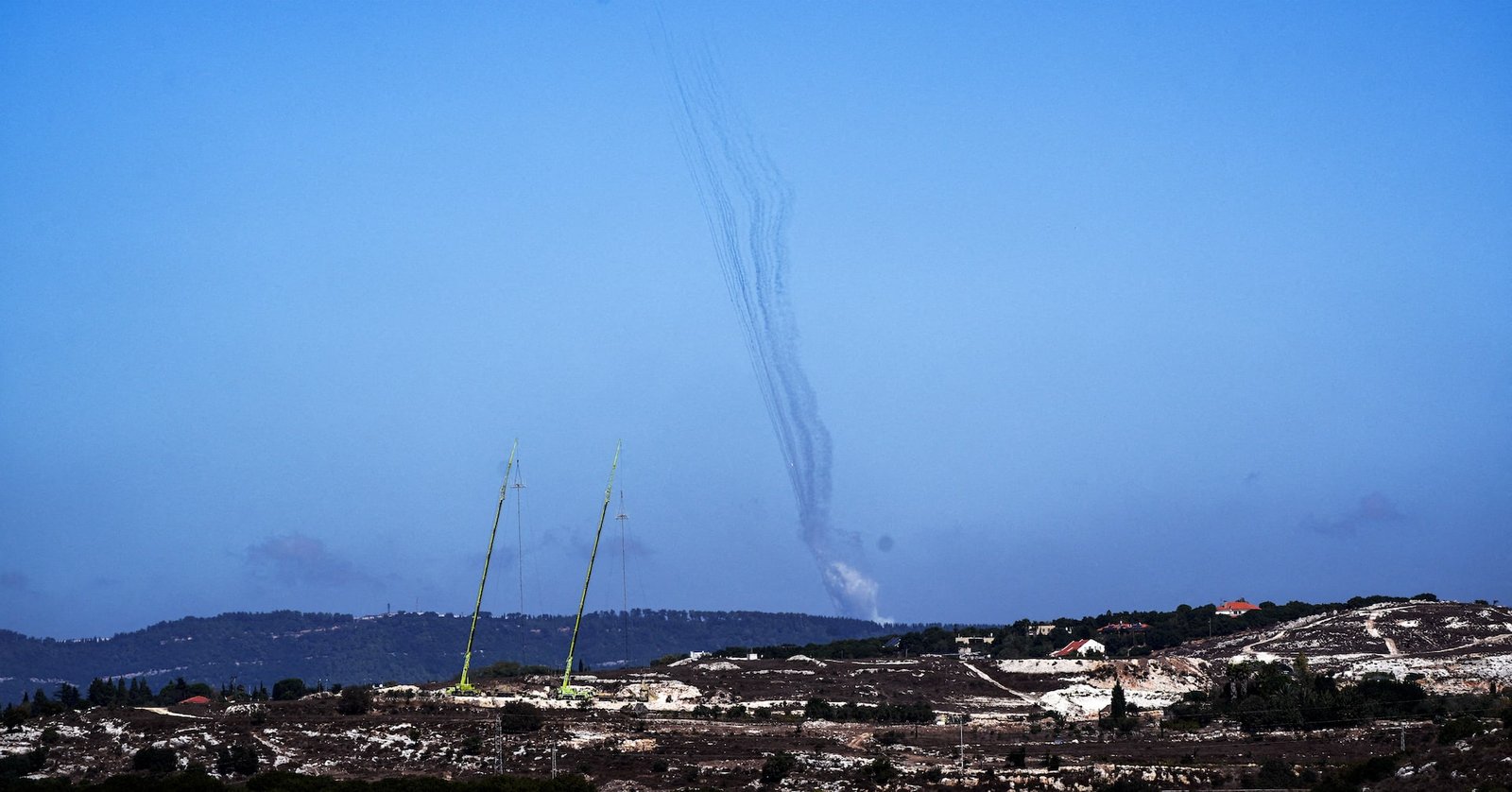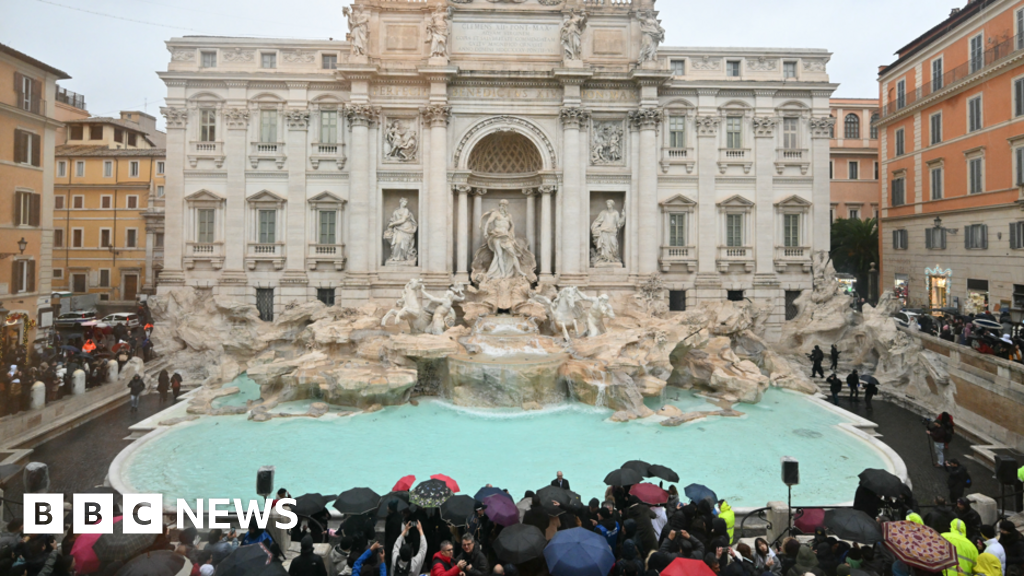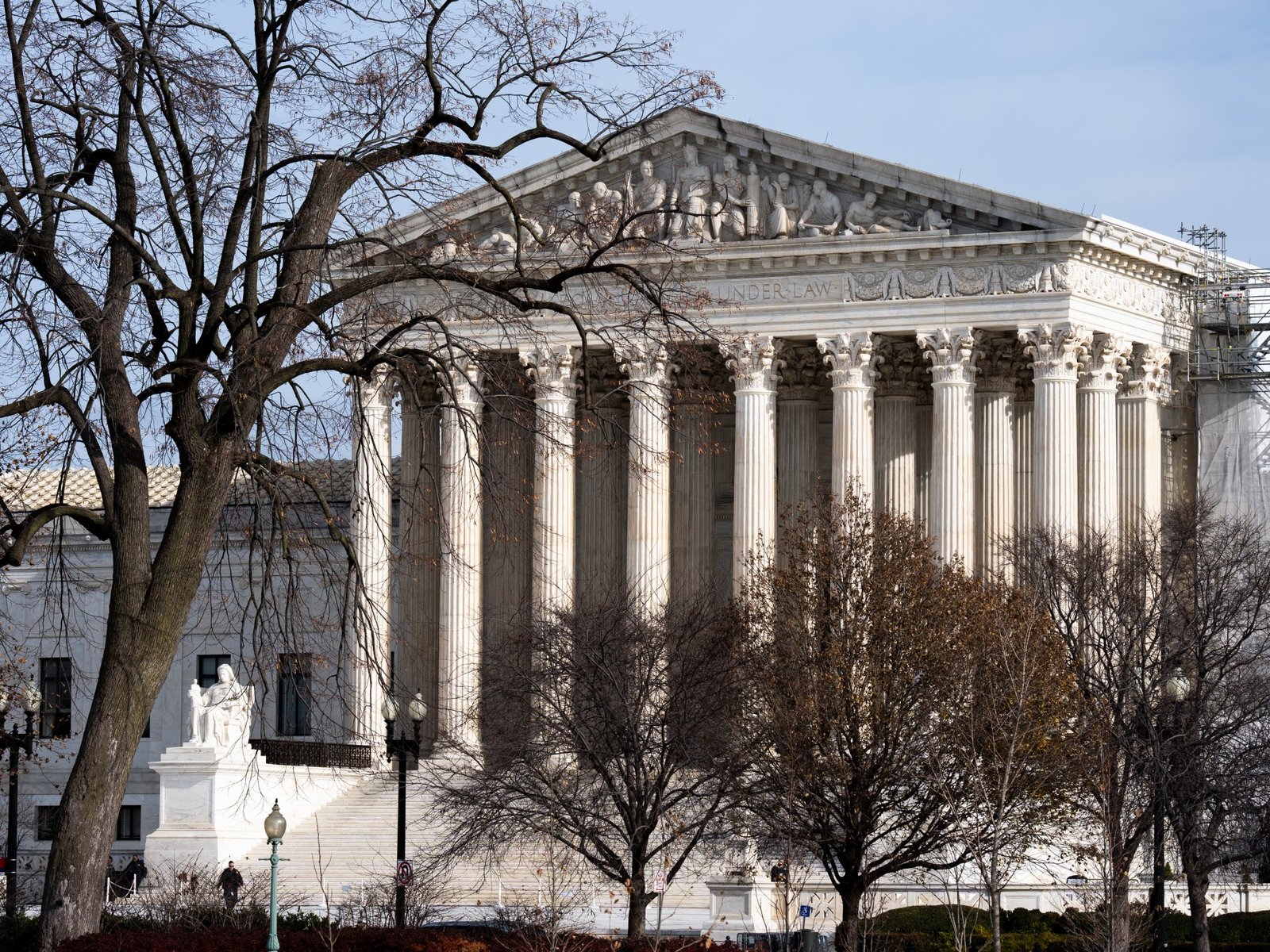JERUSALEM/BEIRUT, Oct 9 (Reuters) – Hezbollah militants targeted Israeli soldiers near the Lebanese border village of Labbouneh with artillery shells and rockets on Wednesday, the group said in a statement, a day after Israel said it had killed two successors to Hezbollah’s slain leader.
The group, which has been launching rockets against Israel for a year in parallel with the Gaza war and is now fighting it in ground clashes, said it had pushed the troops back.
The Israeli military said three of its troops were severely injured on Tuesday and Wednesday during combat in southern Lebanon. Sirens sounded in northern Israel on Wednesday morning, while Israel renewed bombing of Beirut’s southern suburbs overnight.
The conflict in Lebanon has escalated dramatically in recent weeks as Israel carried out a string of assassinations of top Hezbollah leaders and launched ground operations into southern Lebanon that expanded further this week.
The bombardment has left more than 2,100 people dead in Lebanon, most of them in the last two weeks, and displaced roughly 1.2 million across the country.
Israeli Prime Minister Benjamin Netanyahu said on Tuesday Israeli airstrikes had killed two successors to Hezbollah’s slain leader Sayyed Hassan Nasrallah, killed in an Israeli air attack on Beirut’s southern suburbs on Sept. 27.
Netanyahu did not name them, but Israeli Defence Minister Yoav Gallant said Hashem Safieddine, the man expected to succeed Nasrallah, had probably been “eliminated”. It was not clear whom Netanyahu meant by the second replacement.
Later, Israeli military spokesman Daniel Hagari said Israel knew Safieddine was in Hezbollah’s intelligence headquarters when fighter jets bombed it last week and Safieddine’s status was “being checked and when we know, we will inform the public.”
Safieddine has not been heard from since that strike.
Hezbollah’s deputy leader Naim Qassem said on Tuesday the group’s capabilities were intact despite the “painful blows” inflicted by Israel’s mounting military pressure.
Qassem said the group endorsed efforts by Lebanon’s speaker of parliament to secure a ceasefire, and conspicuously left out an oft-repeated condition of the group – that a Gaza ceasefire would have to be reached before Hezbollah put down its arms.
Netanyahu’s office declined to comment on Qassem’s remarks.
U.S. State Department spokesperson Matthew Miller told a briefing in Washington that Hezbollah had “changed their tune and want a ceasefire” because the group is “on the back foot and is getting battered” on the battlefield.
BIDEN-NETANYAHU CALL
Hezbollah is the most formidably armed of Iran’s proxy forces across the Middle East and has been acting in support of Palestinian militants fighting Israel in Gaza.
The heightened regional tensions kindled a year ago by Palestinian armed group Hamas’ attack from Gaza on southern Israel have escalated to engulf Lebanon and prompt several direct confrontations between Israel and Iran.
On Oct. 1, Iran fired missiles at Israel. On Tuesday, Iran warned Israel not to follow through on threats of retaliation.
Its foreign minister said any attack on Iran’s infrastructure would be avenged while a senior Iranian official told Gulf states it would be “unacceptable” and would draw a response if they allowed their airspace to be used against Iran.
U.S. President Joe Biden is expected to hold a phone call on Wednesday with Netanyahu about any plans to strike Iran, Axios reported late on Tuesday, citing three U.S. officials.
“We want to use the call to try and shape the limitations of the Israeli retaliation,” a U.S. official was quoted as saying by Axios.
Axios cited the U.S. official as saying that Washington wants to make sure Israel attacks targets in Iran that are significant without being disproportionate.
The White House did not immediately respond to a request for comment on the report.
Western powers are seeking a diplomatic solution, fearing the conflict could roil the wider, oil-producing Middle East, and draw in the United States.
The Pentagon announced on Tuesday that Israel’s defence minister Gallant will not go ahead with a visit to Washington and a meeting with his U.S. counterpart, Lloyd Austin, planned for Wednesday.
The Gaza war was sparked when Hamas militants attacked southern Israel on Oct. 7, 2023, killing 1,200 and taking 250 hostages according to Israeli tallies.
Israel’s retaliation has faced widespread condemnation over the nearly 42,000 killings in Gaza, according to Palestinian health authorities.
Israel began ground operations in Lebanon just a few months shy of a year into its war in Gaza. A military spokesperson declined to say how many troops were in Lebanon at one time but the military has announced four divisions are operating on the border, meaning that thousands of soldiers are deployed.
Overnight, Israel again bombed Beirut’s southern suburbs and said it had killed a figure responsible for budgeting and logistics, Suhail Hussein Husseini – the latest in a string of assassinations of some of Hezbollah’s top officials.
The suburbs, once a densely-populated and thriving district, has been emptied of many of its residents by Israeli evacuation warnings. Many Lebanese draw parallels between the warnings and those seen in Gaza over the last year, prompting fears that Beirut could face the same scale of destruction.
Sign up here.
Reporting by Elwely Elewelly in Dubai and Maya Gebeily in Beirut and Benoit Van Overstraeten in Brussels and Emma Farge in Geneva; Writing by Michael Georgy, Mark Heinrich, Cynthia Osterman and Michael Perry; Editing by Raju Gopalakrishnan and Clarence Fernandez
Our Standards: The Thomson Reuters Trust Principles., opens new tab


















